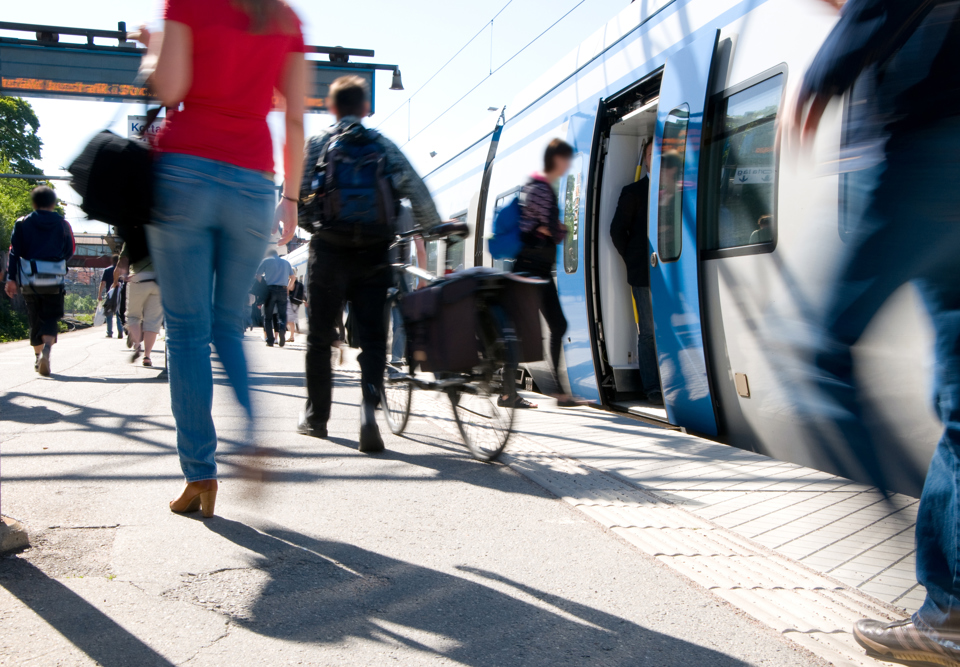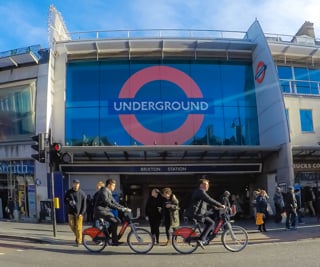The business travel spending of UK companies is expected to reach a record-breaking £68 billion by the end of 2024, exceeding pre-pandemic levels, according to CMAC Group.
This resurgence marks a turning point for UK business travel, with the nation ranking as the fourth highest spender globally with in-bound business trips from the United States, Poland, Germany, France and Ireland fuelling this boom.
With travel demand on the rise, Peter Slater, CEO of ground transportation company CMAC Group, warns that many businesses face unique opportunities and challenges shaped by both increasing demand and rising costs.
He advises companies to respond strategically by rethinking their approach to business travel, ensuring it better supports employee wellbeing, balanced budgets and optimal productivity.
A recent report from CMAC Group found that more than half (55%) of respondents believe that face-to-face meetings are more effective than virtual ones, with an additional one-in-four (25%) deeming them much more effective.
Slater explains that while virtual meetings became a lifeline during the pandemic, they often fall short when it comes to building trust, negotiating complex deals and networking effectively.
“There’s only so much a screen can convey when it comes to relationship building and closing big deals,” he said. “Both business leaders and employees are keen to get back to face-to-face meetings, projects and events where they can collaborate, understand each other and achieve faster results.”
Many industries have found that key decisions, strategic collaborations and trust-building efforts benefit greatly from in-person interactions. “Virtual communication tools will always play an important role, but the value of a handshake, shared experience, and in-person conversation is irreplaceable,” Slater continued.
The revival in business travel comes at a time when many companies are working with cautious budgets.
A focused approach to travel planning can help businesses find that balance. Slater explained: “It’s about being intentional: selecting accommodations that not only meet budget requirements but also provide a comfortable, restful space for employees who have a busy schedule.
“Travel is often exhausting and while businesses need to be mindful of their travel spend right now, saving on costs doesn’t have to mean compromising on wellbeing.
“Finding providers that prioritise comfort, productivity and flexibility can make all the difference for employees.”
With the UK leading in business travel spending and overseas arrivals expected to grow, the focus is now on how companies can leverage this surge to their advantage.
“Business travel doesn’t have to be reactive,” Slater concluded. “It can be a strategic tool that builds connections, drives growth, and supports wellbeing when managed thoughtfully. For companies that get this balance right, the potential rewards are huge.”























Login to comment
Comments
No comments have been made yet.